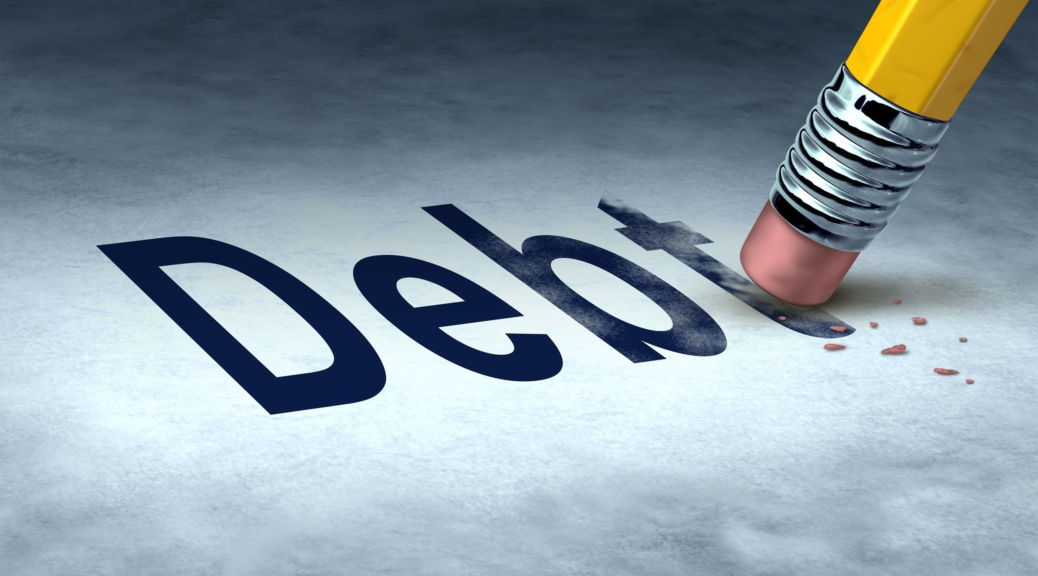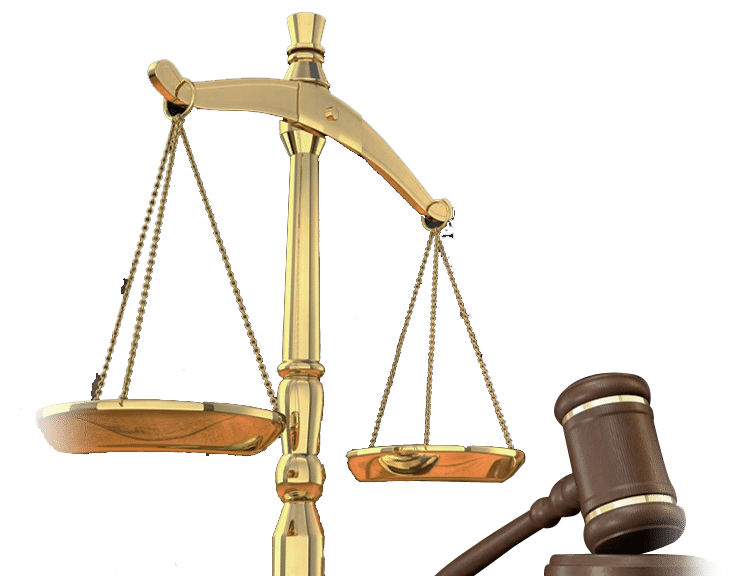Bankruptcy law in the United States is designed to ensure that no individual faces an undue burden as a result of his debts. If your debts are truly too much to handle, you can declare bankruptcy and some or all of the debt will be forgiven so you can start over with a (mostly) clean slate. Before you declare bankruptcy, though, you should know the top 10 facts about bankruptcy law.
- Bankruptcy laws are federal laws and the cases are brought in federal court. This means the bankruptcy laws are the same every place in the entire United States and you must bring the case in federal bankruptcy courts. While these courts may be located in multiple different states, they are still federal courts, not state courts.
- You have to petition for bankruptcy with a judge. Filing bankruptcy is not as simple as just turning in some legal papers… you actually have to go to court to do so.
- Chapter 11 Bankruptcy is for businesses only. Individual people cannot declare chapter 11. When a business declares Chapter 11 bankruptcy, the business is simply restructured – the company does not close and it can continue to operate, although a trustee may manage the assets.
- Some individuals may be required to file Chapter 13 bankruptcy. Under new bankruptcy laws in the United States, if your income is over a certain level – the median income for your state – and your disposable income – the amount you have left over after you pay all your debts – is high enough, then you will not be eligible to file the simpler Chapter 7 bankruptcy.
- Not all debts are forgiven when you file Chapter 13 bankruptcy. Under Chapter 13 bankruptcy, you are put on a court mandated payment plan. This means you don’t get a clean slate. You have to pay back a portion of your debts to creditors, depending on how much money you have available to you and how much you owe.
- Chapter 7 bankruptcy wipes out almost all debts. If your income is low enough to file for a Chapter 7, this will mean that almost all of your debts are eliminated. Debt collectors will not legally be allowed to contact you about those debts or to attempt to collect the money for those debts.
- Student loans and tax debt usually can’t be eliminated in any bankruptcy. Unless you can prove “undue hardship” which essentially means that you will be completely unable to maintain a nominal standard of living if forced to pay back your student loans or taxes – you will have to pay. The undue hardship test is very hard to pass. Normally, only those who have become totally and permanently disabled or who have otherwise experienced a dramatic shift that makes them unable to pay, are eligible.
- Creditors can occasionally force you into involuntary bankruptcy. If your debts are extremely high, creditors can petition the court to ask the judge to declare you bankrupt. If the judge does so, he may put you on a court mandated payment plan.
- You may be able to keep your home, even when you declare bankruptcy. There are homestead exemptions in most states that allow you to keep your house, no matter what kind of bankruptcy you declare. Your house generally can’t be worth more than a certain amount in order for it to be eligible for the exemption, and you will have to be or become current on your mortgage payments to stop the bank from foreclosing.
- Bankruptcy stays on your credit report for 10 years after filing. This may make it difficult to qualify for credit or to rent an apartment or buy a home.
Call Firebaugh & Andrews today for your free consultation to see what is your best option 734-722-2999








